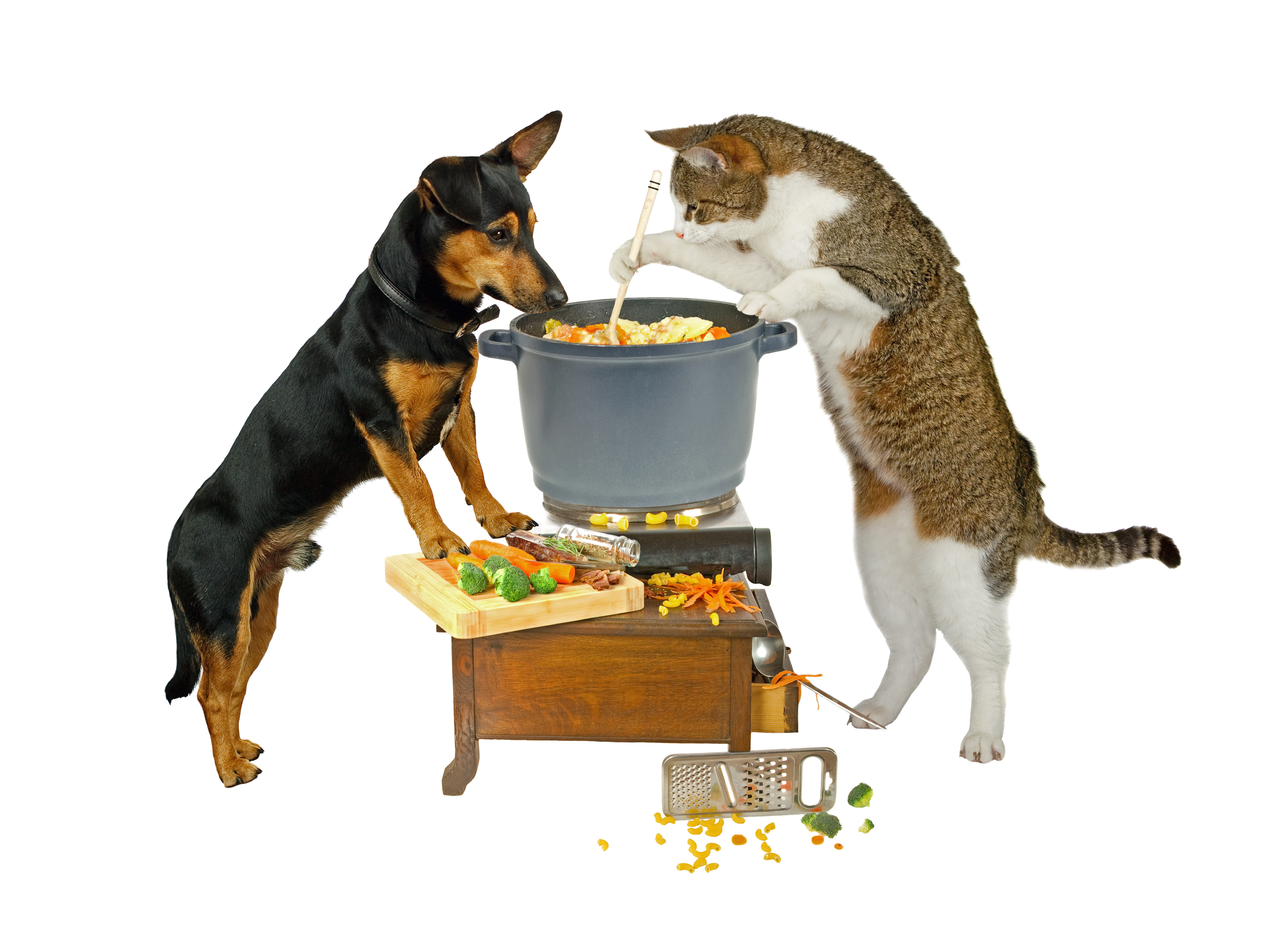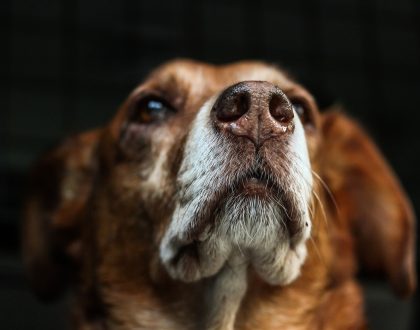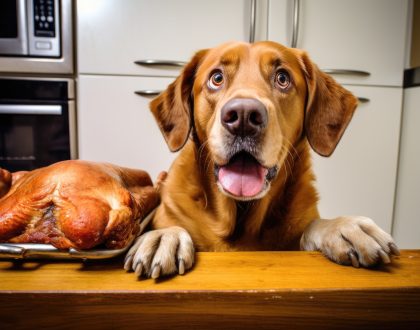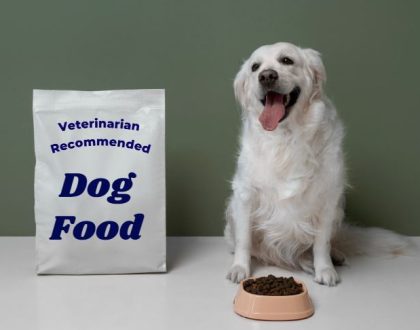
the scientific study of pet nutrition by veterinary nutrition specialists and experts.
Think Twice: Reasons to Avoid a Home-cooked Diet

It is not surprising that pet owners are confused about the best food for their pet. There is so much myth and misinformation about pet food that it makes the decision much harder than it used to be. One of the main goals of this website is to provide accurate and evidence-based information to help pet owners decide on the best food for their pets in a more rational and objective approach. Two examples include:
- Questions You Should be Asking about your Pet’s Food
- Asking the Right Questions to Make Informed Decisions about Pet Foods
We hope you find the information and tips we provide helpful for providing the best possible nutrition to your beloved pet.
However, for some pet owners, the decision becomes overwhelming or the information (and misinformation) about pet foods can drive them to deciding to prepare their pets’ food. While it is possible to safely home-cook your pet’s food, it’s not as easy as many pet owners think and even small mistakes can put your pet’s health at risk. We’ve discussed some of the common mistakes with home-cooking before on Petfoodology so I encourage you to review that post to see if you’ve fallen into any of these traps. I also want to provide a few tips on when you should avoid home-cooked diets.
Just Say No
Situations when you should definitely avoid a home-cooked diet:
- Young, growing animals (less than 12 months of age for cats and most dogs; less than 18 months for a giant-breed dog).
- Pregnant or nursing animals.
- Overweight pets that are on a weight loss diet: It’s very difficult to meet all of a pet’s nutritional needs during the sometimes long process of weight loss.
- Most cats: While some accept them, many cats won’t eat a nutritionally-balanced home-cooked diet.
When You Should Think Twice
Even if your pet does not meet any of the conditions listed above, it’s important to carefully consider whether a home-cooked diet is in your pet’s best interest:
- Home-cooked diets are often more expensive and always more time-consuming than commercial diets, so you should be prepared to spend more money and more time if you make the switch.
- Just because your pet develops a medical condition (or even multiple medical conditions), you don’t need to feed a home-cooked diet. We can usually identify one or more high quality therapeutic diets that help to treat or manage most medical conditions in dogs and cats, and often have research supporting their benefits.
- Even though your pet may eat your home cooking very willingly (for example, cooked chicken or beef and rice), she may be much less enthusiastic about a home-cooked diet once we make it nutritionally balanced, with all the required nutrient in the right proportions.
- Feeding a home-cooked diet to a healthy dog or even a dog with early-stage medical conditions often takes away our option for using an over-the-counter or therapeutic commercial diet later. For example, it can be difficult to transition a dog that has been fed a home-cooked diet onto a beneficial therapeutic diet to help manage bladder stones or kidney disease. I also prefer to save home-cooked diets as my “ace in the hole” option if dogs stop eating commercial diets at later stages of disease.
If you do decide to prepare your pet’s food, follow these tips:
- Read our posts and FAQs on Home-Cooked Diets so you’re well-informed about the common mistakes and risks of home-cooked diets
- Avoid all home-prepared (and commercial) diets containing raw or insufficiently-cooked meat – these are unsafe for you and your pet!
- Work with a Board Certified Veterinary Nutritionist® to get a healthy and nutritionally balanced home-cooked diet recipe. If your dog is healthy and you want to home-cook after reading all of the above information, one good resource is BalanceIT which is run by a Board Certified Veterinary Nutritionist®.
- Follow the recipe exactly. In 2015, we published a study to determine how well owners adhered to home-cooked diet recipes a median of 1 year later. Shockingly, only 13% were still feeding the original nutritionally balanced diet recipe! Deviating from the prescribed recipe puts pets at risk for nutritional deficiencies and imbalances which can cause serious health problems.
- Even carefully designed recipes from a Board Certified Veterinary Nutritionist® don’t completely account for bioavailability issues or potential interactions between nutrients, so health problems can still arise. Let your veterinarian know about your pet’s diet and monitor closely over time based on your veterinarian’s recommendations.
Want to read more information on feeding your pet?
Subscribe to always know when we add new material!
Recommended Posts

Can Diet Help With My Dog’s Seizures?
January 18, 2024

The Most Popular Holiday Foods…That Your Pet Should Avoid!
December 08, 2023

Veterinarian Recommended Pet Foods: What You Need to Know
November 05, 2023

